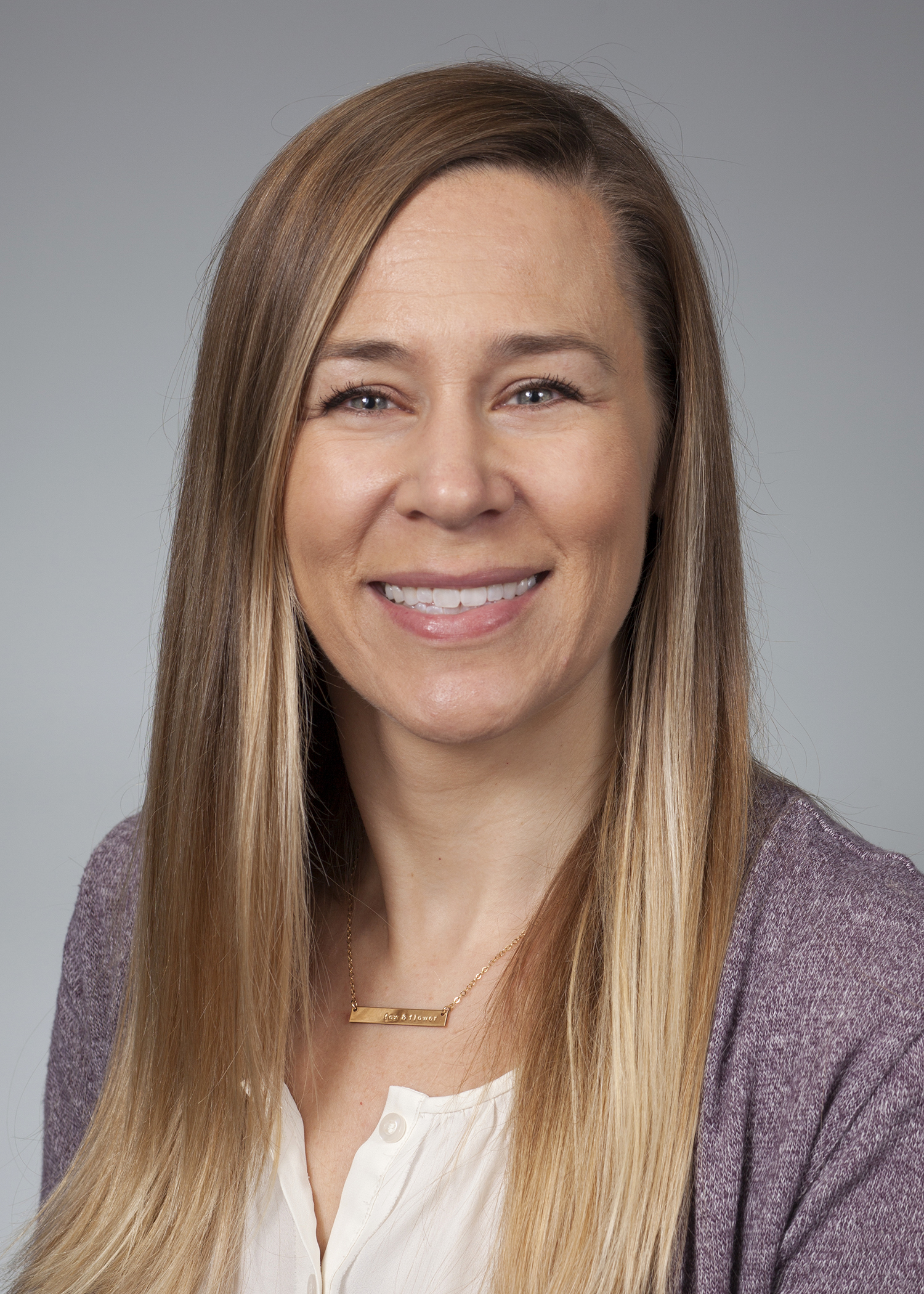MEFF ’21 & ’22: Kelly Harrell, PhD, MPT

My Medical Education Faculty Fellow application was based on: (1) evaluating the culture of professionalism in the VCUSOM and (2) creating and identifying educational interventions for faculty to enhance professional behaviors, attitudes and skills. My initial proposal was intentionally lofty, providing flexibility and room for movement and engagement across different stakeholders, committees, and departments.
As a fairly new SOM faculty member, I was in a position to reach out to and learn from many colleagues who were actively working in the space of professionalism. The first several months of my fellowship were spent networking and meeting with folks to better understand the current culture and plans for the future. During this time I was able to explore the literature on professionalism in medical education, and quickly learned that there are significant gaps in how the community assesses professionalism in learners and how lapses in professionalism are handled on both learner and faculty levels. These gaps, reported at other US medical schools, are also present here at VCUSOM. This finding led me to explore our assessment tool for professionalism during clerkships, with an emphasis on quality of feedback from clinicians (attendings; residents) to learners (M3s). Working with Dr. Cherie Edwards, we procured retrospective data and conducted preliminary analysis on a multi-cohort dataset to identify feedback themes across all eight clerkships. This preliminary work was presented at the 2023 VCU Health Sciences Education Symposium, and has been submitted for presentation at the 2023 Learn Serve Lead AAMC Annual Meeting. In moving forward with this research, Dr. Edwards and I have been able to identify a tool to measure feedback quality and will be using this tool in the exploration of correlative relationships across several variables, including assessor level of training, learner gender, observation length, and learner performance. I am excited to continue this work beyond the fellowship, as our findings can help drive evidence-based changes within our learning community and curriculum.
As an educator, a true highlight of my time in this fellowship has been the opportunity to dive into facilitating sessions for faculty and students, alike. In the area of Faculty Development, I had the privilege of co-creating and co-facilitating multiple workshops with Dr. Jean Bailey, Dr. Katherine Henderson, and Dr. Stacy Wahl, including Clarifying Your Career Goals: Using Values to Create an Individual Development Plan (7/21), Leveraging You! as a Colleague (10/22), Lunch & Learn: Professional Identity and Values: Clarification, Formation and Growth (5/23), and It’s All About Engagement (6/23). Involvement in these sessions has allowed me to learn so much from my colleagues, as well as reflect on how content designed for faculty could also be adjusted and implemented for learners—specifically in the areas of core values and learning strategies.
With our learners in mind, I continued working in Drs Bailey and Wahl to develop the Making Learning Stick: Adult Learning Theory and Principles of Cognitive Science session, which was presented to M1s (7/22) and graduate Pre-Medical Certificate Program students (9/22). Additionally, I was Invited to lead the Professional Identity Formation session during the Class of 2026 Transition to Medical School series. This session focused on aligning personal core values with professional standards and brought the students through an adapted version of the Faculty Development Core Values exercise. Fortunately, both of these sessions have been integrated into the pre-clinical curriculum and will be taught again for the incoming Class of 2027 (7/23). Finally, my work in the space of professionalism brought me to collaborate with Dr. Chris Woleben and Dr. Nicole Deiorio in the Office of Medical Education. Through this collaboration, I was invited to serve as a professionalism coach for select medical students with professionalism concerns or violations, as identified by the VCUSOM Promotions and Advancement Committee. My role as professionalism coach has been to guide each student through the Core Values exercise as a way to provide an active, reflective and meaningful solution during the remediation/probation process.
Overall, my time as the 2021-2023 Medical Education Faculty Fellow has left me with a better understanding of the topic of professionalism, a richer network of colleagues, and extreme gratitude for the opportunity to continue this scholarly work within a supportive work environment. I’d like to thank the Office of Faculty Affairs for this amazing experience.